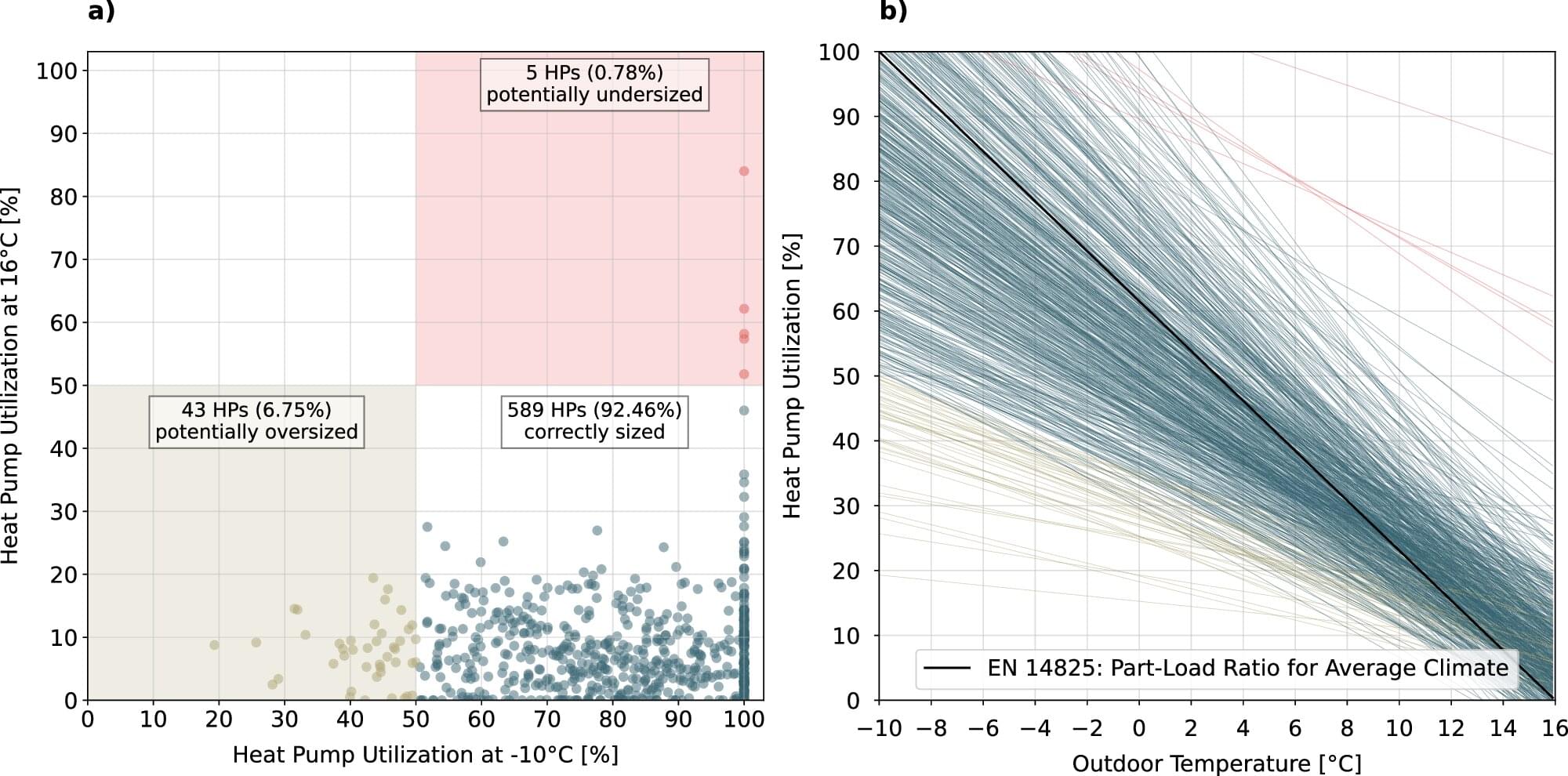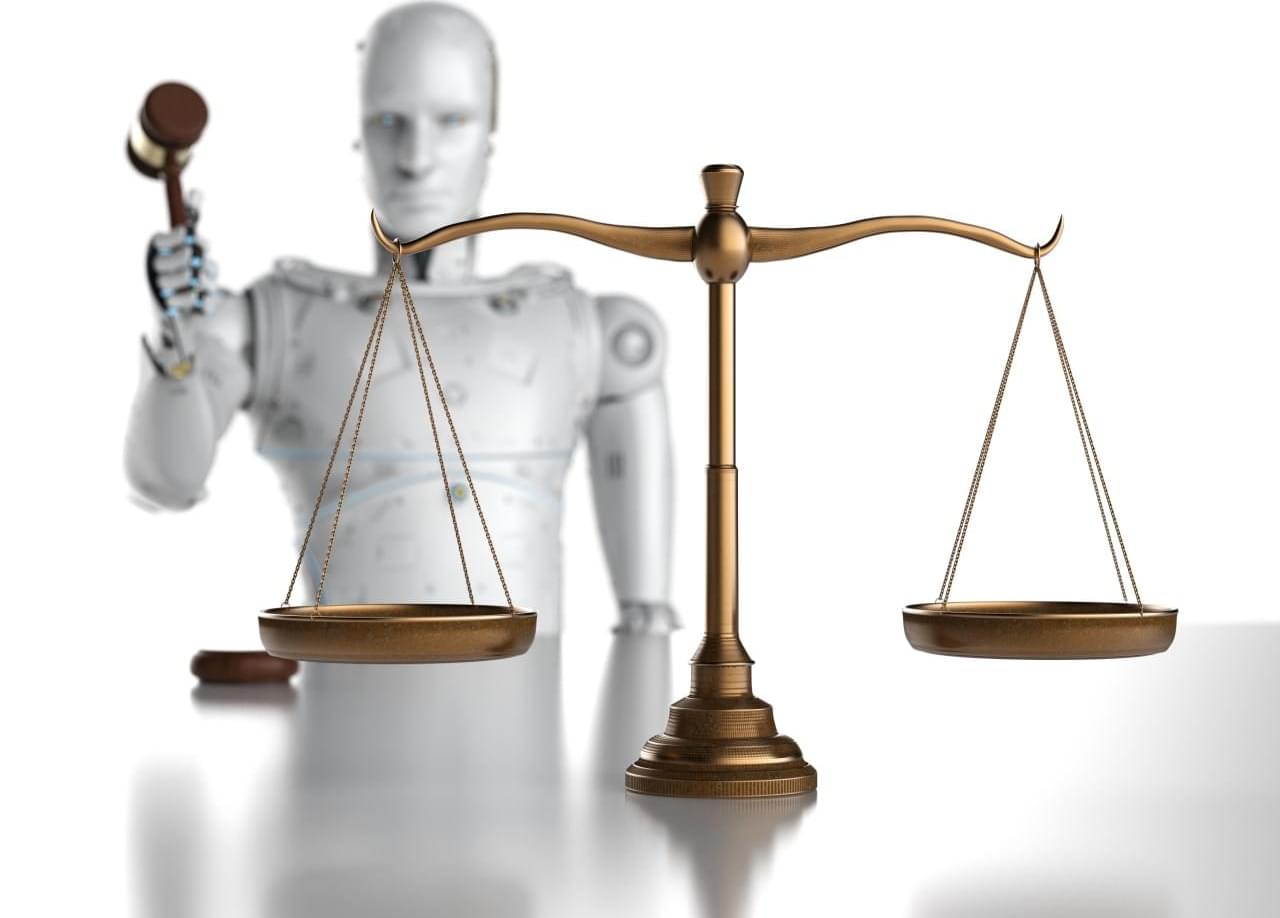Adriano V. Autino gave a Technical Presentation at U.N. COPUOS Legal Subcommittee, the 6 May 2025, on behalf of Dennis O’Brien, Chair of the Space Renaissance Academy Space Law Comittee: “Clarifying ambiguities of the Outer Space Treaty”
Category: law – Page 9




From Laws to Algorithms: Reimagining the Mathematics of Reality
The juridical metaphor in physics has ancient roots. Anaximander, in the 6th century BCE, was perhaps the first to invoke the concept of cosmic justice, speaking of natural entities paying “penalty and retribution to each other for their injustice according to the assessment of Time” (Kirk et al., 2010, p. 118). This anthropomorphizing tendency persisted through history, finding its formal expression in Newton’s Principia Mathematica, where he articulated his famous “laws” of motion. Newton, deeply influenced by his theological views, conceived of these laws as divine edicts — mathematical expressions of God’s will imposed upon a compliant universe (Cohen & Smith, 2002, p. 47).
This legal metaphor has served science admirably for centuries, providing a framework for conceptualizing the universe’s apparent obedience to mathematical principles. Yet it carries implicit assumptions worth examining. Laws suggest a lawgiver, hinting at external agency. They imply prescription rather than description — a subtle distinction with profound philosophical implications. As physicist Paul Davies (2010) observes, “The very notion of physical law is a theological one in the first place, a fact that makes many scientists squirm” (p. 74).
Enter the computational metaphor — a framework more resonant with our digital age. The universe, in this conceptualization, executes algorithms rather than obeying laws. Space, time, energy, and matter constitute the data structure upon which these algorithms operate. This shift is more than semantic; it reflects a fundamental reconceptualization of physical reality that aligns remarkably well with emerging theories in theoretical physics and information science.



Lifespan-extending Drugs in Model Organisms and Humans | Dr Kevin Perez
Join us this episode as we explore how a cutting-edge, high-throughput screening platform can identify lifespan-extending compounds in diverse model organisms, with Dr Kevin Perez, co-founder of Epiterna and Junior Group Leader at Charité Universitätsmedizin Berlin, and host Prof Brian Kennedy, Director of the Centre for Healthy Longevity at #NUSMedicine.
Register for upcoming #HealthyLongevity #webinar sessions at https://nus-sg.zoom.us/webinar/register/2117367621680/WN_g5RF29EWQf65KDFfpVLjFA
Disclaimer: The opinions and advice expressed in this webinar are those of the speakers and do not represent the views and opinions of the organizers and National University of Singapore or any of its subsidiaries or affiliates. The information provided in this webinar is for general information purposes only as part of a general discussion on public health. The information is not intended to be a substitute for professional medical advice, diagnoses or treatment; and cannot be relied on in place of consultation with your licensed healthcare provider. All Rights Reserved.
All of the proceedings of this webinar, including the presentation of scientific papers, are intended for limited publication only, and all property rights in the material presented, including common-law copyright, are expressly reserved to the speaker or NUS. No statement or presentation made is to be regarded as dedicated to the public domain.
Any sound reproduction, transcript or other use of the material presented at this course without the permission of the speaker or NUS is prohibited to the full extent of common-law copyright in such material.
